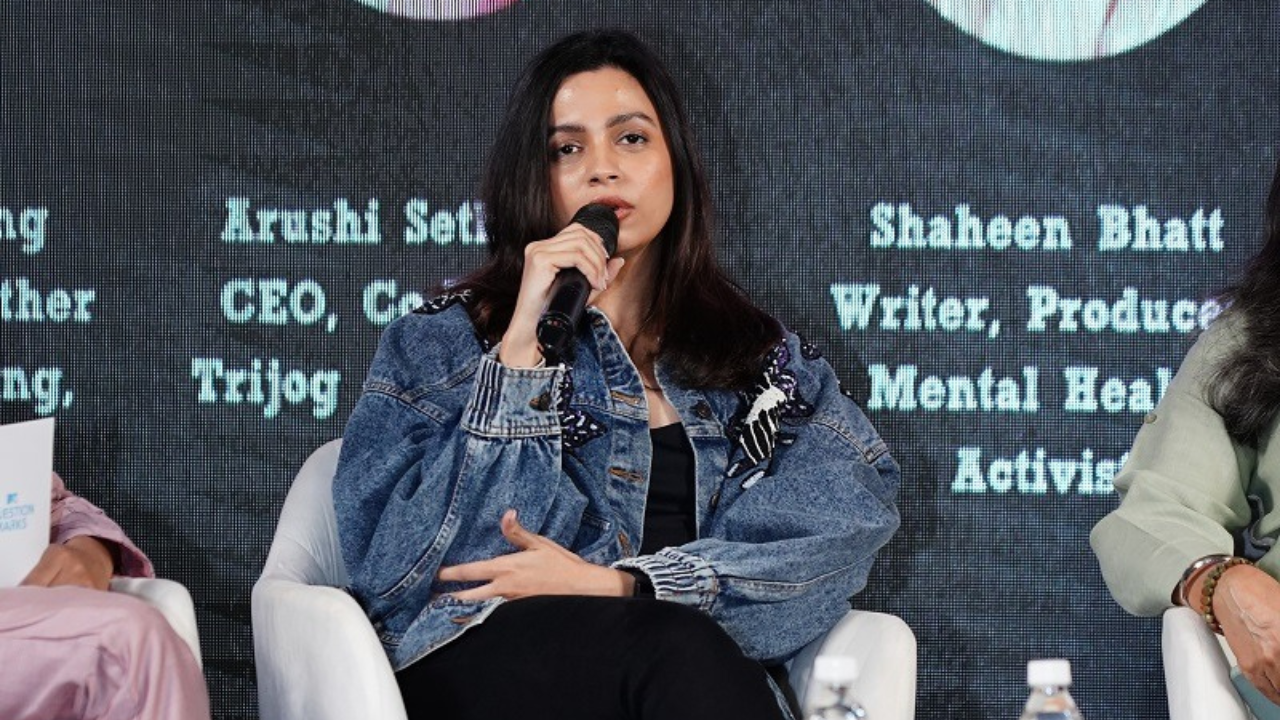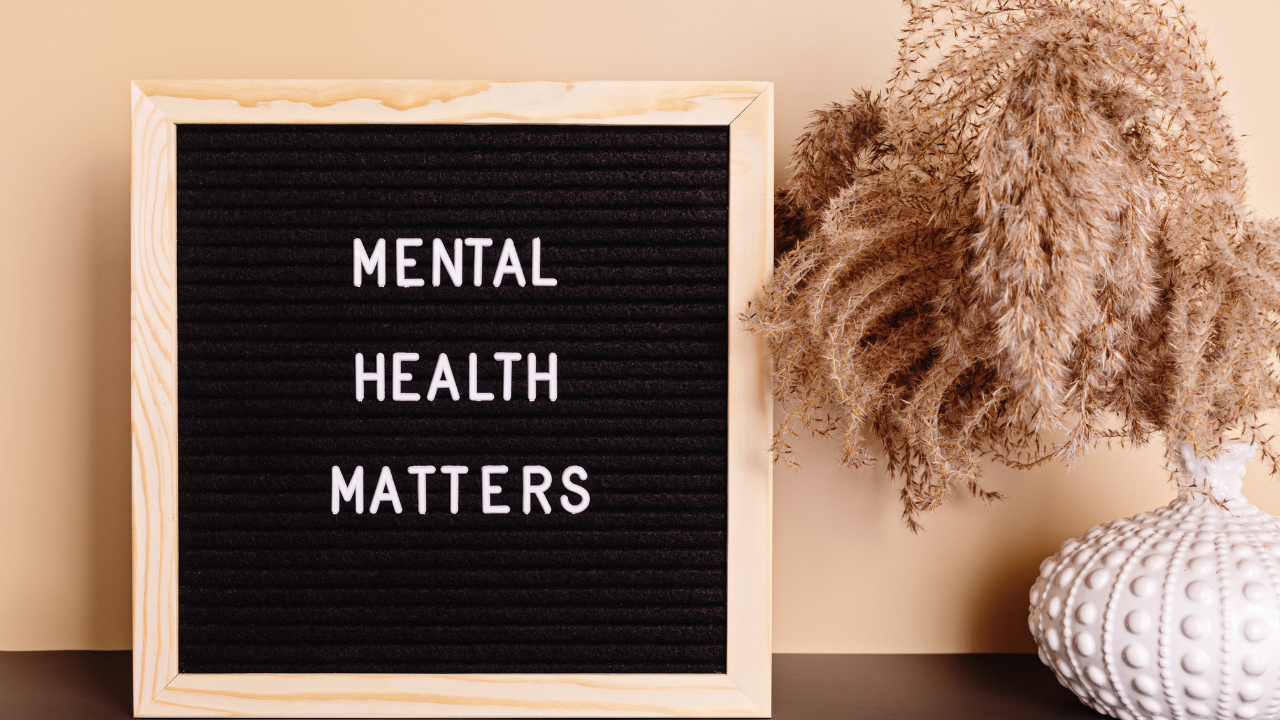
Shaheen Bhatt is a popular writer and sister to Bollywood star Alia Bhatt. Shaheen has battled mental health issues in the past, and has been vocal about them for a long time now. In a recent panel discussion at the MTV Question Marks workshop, Shaheen revealed what prompted her to find the courage to talk about it all.
The panel discussion was about the mental health of students and how parents play a major role in the same.
Sharing her personal story, Shaheen said, “I never planned on talking about my mental health issues but on this fine day, I was lying on the bed trying to look for a picture to post on social media. I realized that I have been searching for only happy pictures, completely opposite to what I was actually feeling to share with the world, which made me comprehend that I want to talk about how I am actually feeling. The reason I felt this way is because no one ever chooses to talk about it and your reflex to ‘How you are feeling?’ is always ‘Oh, I am good.’ We are constantly wearing this mask and pretending to be someone else.”
Mental pressure as a child
“As a child I felt like the only way to prove myself was by being intelligent and hardworking. Every time I felt short, that felt really bad, it felt horrible," she said about her childhood.

However, having supportive parents helped. She added, "I felt really lucky for the fact that I have such supportive parents who have always told me to just do my best and that any outcome that comes is okay with them, not only this they have never pressured me to be a top-ranking student.”
Battling panic attacks
In 2022, on her mental health platform ‘Here Comes The Sun’, the writer discussed her panic attack episodes in conversation with singer-songwriter Ananya Birla.

“I had my first panic attack in seven years, just a month and a half ago. And I had completely forgotten how to deal with them, because I hadn’t had one for so long,” she said, adding, “The thing with a panic attack is, it feels like you are dying… you don’t realize that it is just panic, or this is just [the] nervous system going into overdrive, which is what it is.”
Talking about mental health and creating a dialogue is important to end taboos and embrace help and healing. Consult your doctor if you experience any persistent signs or symptoms of mental health issues.







